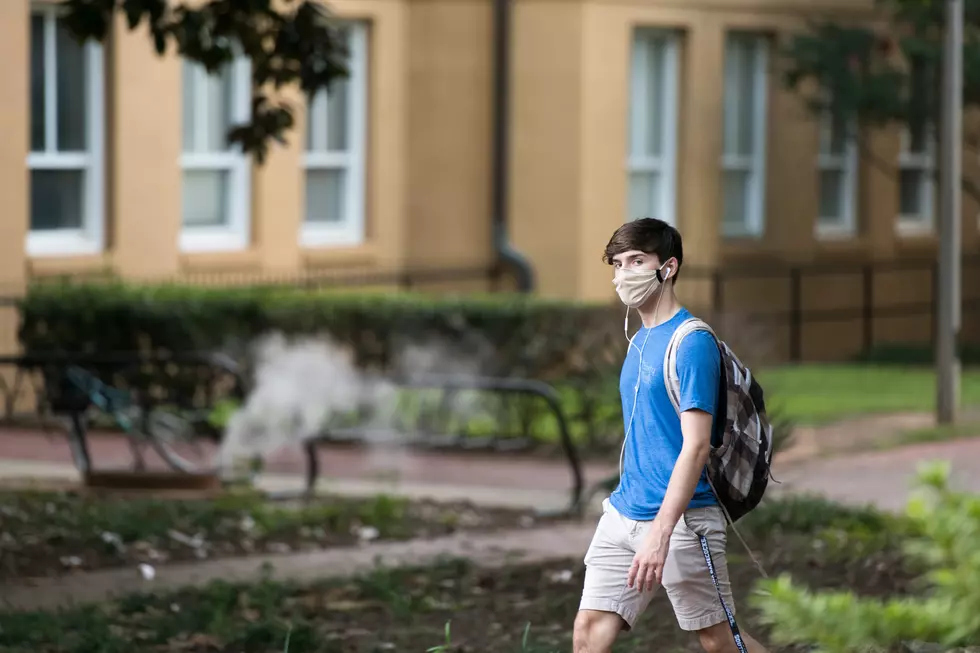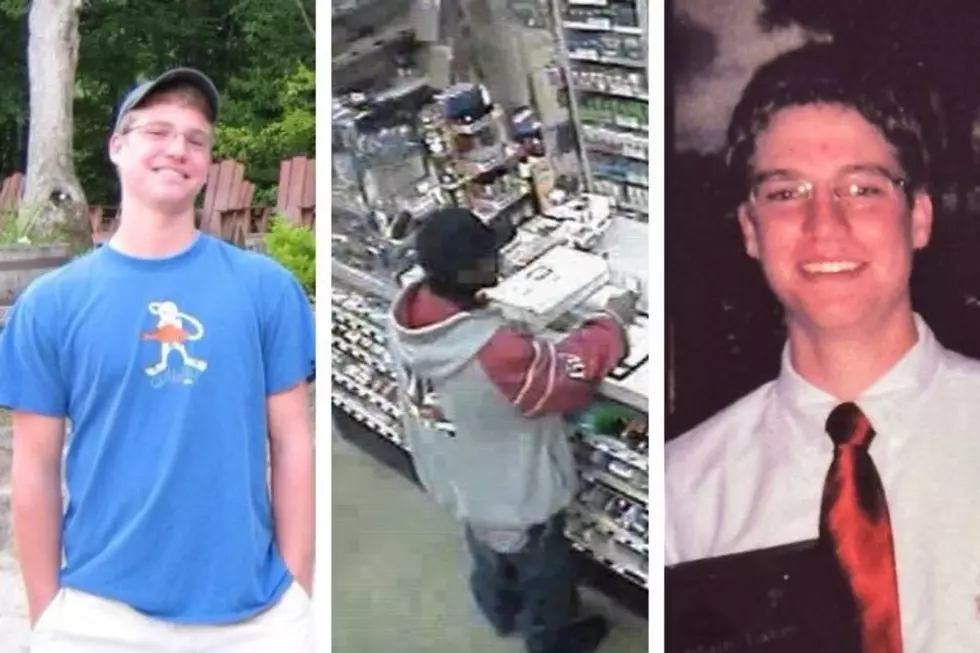
COVID cases, test positivity rates up among younger NJ residents
With confirmed cases of COVID-19 increasing among younger New Jersey residents, the state is urging people to remain cautious and plans to roll out a new contact tracing app on college campuses.

“With schools and colleges reopening, this is just a reminder: Please take this virus seriously,” Health Commissioner Judy Persichilli said. “Now is not the time for indoor parties or large gatherings. These activities allow the virus to spread. We need your help to stop the transmission in our state.”
The partial reopening of college campuses appears to be contributing to a rise in cases.
At Rowan University, there have been 231 confirmed cases among students and employees since late August, including 109 on campus and 122 off campus. Those have helped drive Gloucester County’s seven-day rolling average of new cases to 13.9 per 100,000 residents – the highest in any county in the state since June 25 and similar to where the state as a whole last was on May 21.
University officials and Glassboro officials, including Mayor John Wallace, scheduled an online panel discussion for Wednesday night to answer community concerns about the fall semester.
To help with contact tracing, Persichilli said the state plans to debt a pilot program on college campuses next week using a digital app that students download to their smartphones.
“If someone tests positive, they download that positivity,” Persichilli said. “Everybody they’ve come in contact with within 6 feet for an extended period of time will be pinged and they will be told: You’ve been exposed, get tested.”
A Rutgers Law School professor said the technology is better described as proximity notification than contact tracing and doesn’t involve data collection.
“We'll be testing it on three or four college campuses,” Persichilli said. “New York, Pennsylvania, and Delaware are also bringing up the same digital notification app. We've been doing most of our planning with them. They may announce a statewide rollout. We've decided to test it first on college campuses, see how it works, take care of any bugs we might find, any technical issues and check the privacy aspects of the app itself.”
People younger than 30 years of age account for 19.5% of the nearly 198,000 confirmed coronavirus cases in New Jersey, including 1,257 among children younger than 5 years of age, 5,884 among people ages 5 to 17 and 31,407 among people ages 18 to 29.
But Persichilli said that the rate of positive coronavirus tests has recently increased substantially since mid-August among younger residents – from 3% to 7% among 14- to 18-year-olds and from 2.7% to 7.1% among 19- to 24-year-olds.
“We are concerned about transmission of COVID-19 among our younger population,” Persichilli said. “We are continuing to see case numbers climb among young people. Many of these cases and clusters are a result of parties and social gatherings.”
“Although generally symptoms associated with COVID-19 are milder in children compared with adults, we do see more severe cases and even deaths in this population,” she said.
People younger than 30 years of age account for 65 deaths in New Jersey out of 16,045 confirmed or suspected COVID-19 deaths in the state, or 0.4%. Persichilli said eight of those deaths have been people under 21 years old, mostly among those ages 18 to 20 and the majority with underlying conditions.
In addition to the new app, Persichilli said the state is embarking on a public awareness campaign on social media outlets used mostly by younger residents.
“Use influencers to try to not only get education across to them but also the knowledge that if they’ve tested positive that they should give the names of the people they’ve been in contact with,” she said.
The state had 1,835 contact tracers as of last week’s update. Of the two-thirds of cases in which tracers were able to follow up, people refused to provide contacts in 59%.

More From Townsquare Media News:
7 Ways To Manage Anxiety/Depression During COVID-19 Pandemic
More From 94.3 The Point










